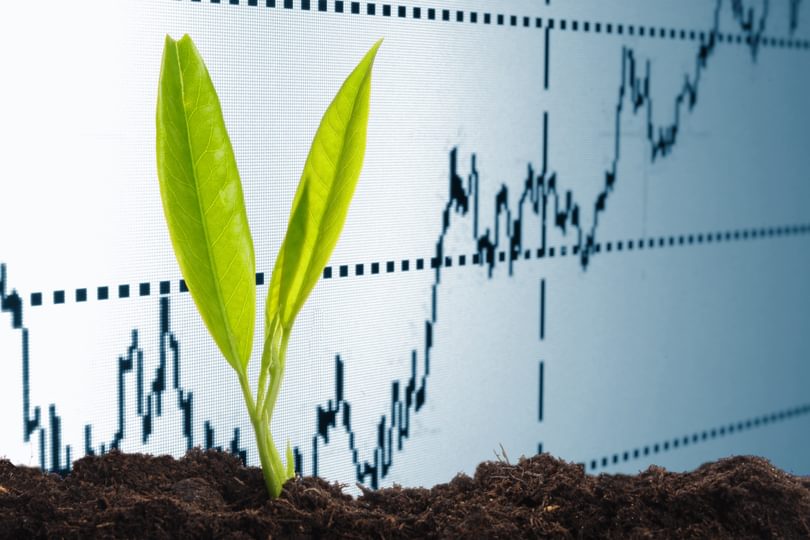
Good climate policy can contribute more to a stable, growing economy than previously thought.
This is because carbon prices do more than just reduce greenhouse gas emissions. The declining return on fossil fuel assets due to carbon pricing leads to increased investment in equipment and machinery, infrastructure and innovation in other industries. According to Linus Mattauch from the Institute for New Economic Thinking at the Oxford Martin School this not only averts damage from climate change but is also a key to lasting prosperity.
In the study “Capital beats coal: how collecting the climate rent increases aggregate investment” published this month in the Journal of Environmental Economics and Management, the authors Jan Siegmeier, Linus Mattauch and Ottmar Edenhofer refute the popular stance that a rigorous environmental policy inevitably leads to “de-industrialization.”
“Societies should not contrast climate protection with economic growth,” says Mattauch. “Carbon pricing reduces the rents from fossil fuels, but then shifts investments to capital in other industries, which then become more productive.”
This applies to all sectors of the economy and not just renewable energy and improved resource efficiency. Overall, this has a positive macroeconomic effect: on the one hand, it does not reduce the existing physical supply of fossil fuels. On the other hand, consistent and reliable carbon prices prevent capital from being tied up in so-called “stranded assets,” meaning investments that are no longer profitable in the long term due to climate policy.
The new findings advance the debate on carbon pricing and broaden its scope: it is not just about designing climate policy in an efficient and just way, but takes into account the impact on assets and financial markets. The discussion about that aspect has thus far revolved primarily around the negative effects on fossil fuel related assets. Now the focus is widened to the positive aspects of carbon pricing, such as revaluating other investment opportunities.
“Emissions trading systems, such as the EU ETS, should be reformed so that the revenues are used to relieve the tax burden on citizens or for public investments,” says Mattauch who is also a lecturer at the Environmental Change Institute in Oxford. “We are able to show for the first time that the auctioning alone stimulates economic growth.”
J. Siegmeier, L. Mattauch and O. Edenhofer (2018). Capital beats coal: how collecting the climate rent increases aggregate investment. Journal of Environmental Economics and Management.